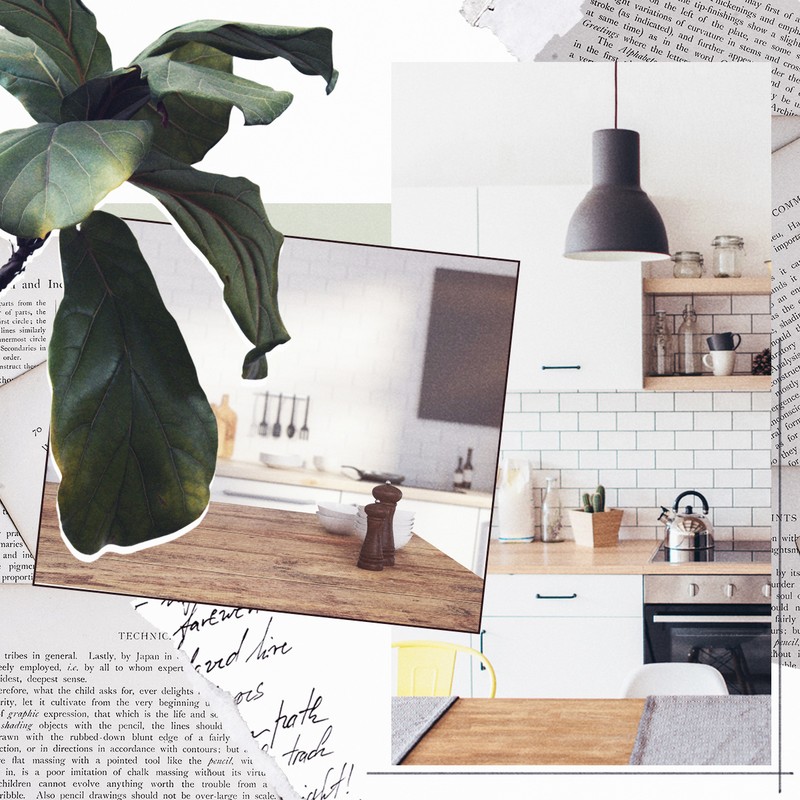The Midlife With Clover Stroud
When my eldest son was 18 at the end of summer, I invited my immediate family for a tea party to celebrate. Of course, he could go out later that evening with his friends and get up to the kind of things he really didn’t want me to know about, but gathering the people I loved most - my closest family - together, around our kitchen table, seemed important. In fact, it seemed essential. I made a birthday cake and plates of smoked salmon sandwiches, and refilled endless cups of tea, and popped open champagne when my stepmother made an off-the-cuff speech about my son. Afterwards, when everyone had gone, I cleared the plates then sat back down at the table, running my hands across the grain, and for a moment, sitting in the quiet of my kitchen, time, momentarily, seemed to stand still.
I celebrated my 18th birthday around the same table, and it’s been a constant in my life ever since I was a child. It belonged to my mother and had been salvaged from an old school in Cambridgeshire. Sometimes, I imagine the little children who sat around it, possibly bored by another spelling lesson, or wondering when it would be time to go outside and play. There’s a little triangle of marks in one place, made, I hope, by the point of a compass belonging to a child, a century ago, who wondered when the maths lesson would end.
Around this table is the place my family has been together, most often, through time and across several different locations. It’s a quiet symbol of continuity, and optimism, because although that table’s seen a lot of tears, it’s also been the place we’ve laughed and celebrated together most often.
With four decades of life behind me, I’m realising that physical objects matter less and less in my life. It’s liberating and makes me feel intensely grateful for those things that are ephemeral, but which we take for granted - our health, a sense of happiness, and the presence of the people we love. No amount of stuff can ever make up for any of those. And yet, while I need fewer and fewer “things” in my life, I know that there are certain objects I treasure, since they seem to hold whole portions of my life.
My kitchen table matters, not because it’s an intensely beautiful object - in fact it’s rather old and worn, with a huge split down the middle - but because it signifies some sort of continuance, and a quiet sense that life really does go on, despite the dramas we live through every day. The cast of characters who have sat around that table have changed often. Mum loved this table, and when I think of her, I see her kneading a big ball of dough on the table to make bread for us all. As a child I could not conceive of a life without my mother in it. But she died before I reached 40, before my fifth (and final) child was born. The mothering I pass on to them, often around the table, is that which she taught me. I like to think that the kitchen table, where I bring them together to dole out cornflakes before school or serve up spaghetti at supper time before helping them with their homework, helps me in that task.
Objects don’t matter, they really don’t. But I cannot deny that some things have the power to hold the past inside them. They’ve been there. It’s almost as if they have a kinetic energy of their own, having witnessed so much of your life inside them. It also makes me realise that the home I want to create for my children is one in which spending time together is the most valuable asset I can pass on to them.
DISCLAIMER: We endeavour to always credit the correct original source of every image we use. If you think a credit may be incorrect, please contact us at info@sheerluxe.com.


